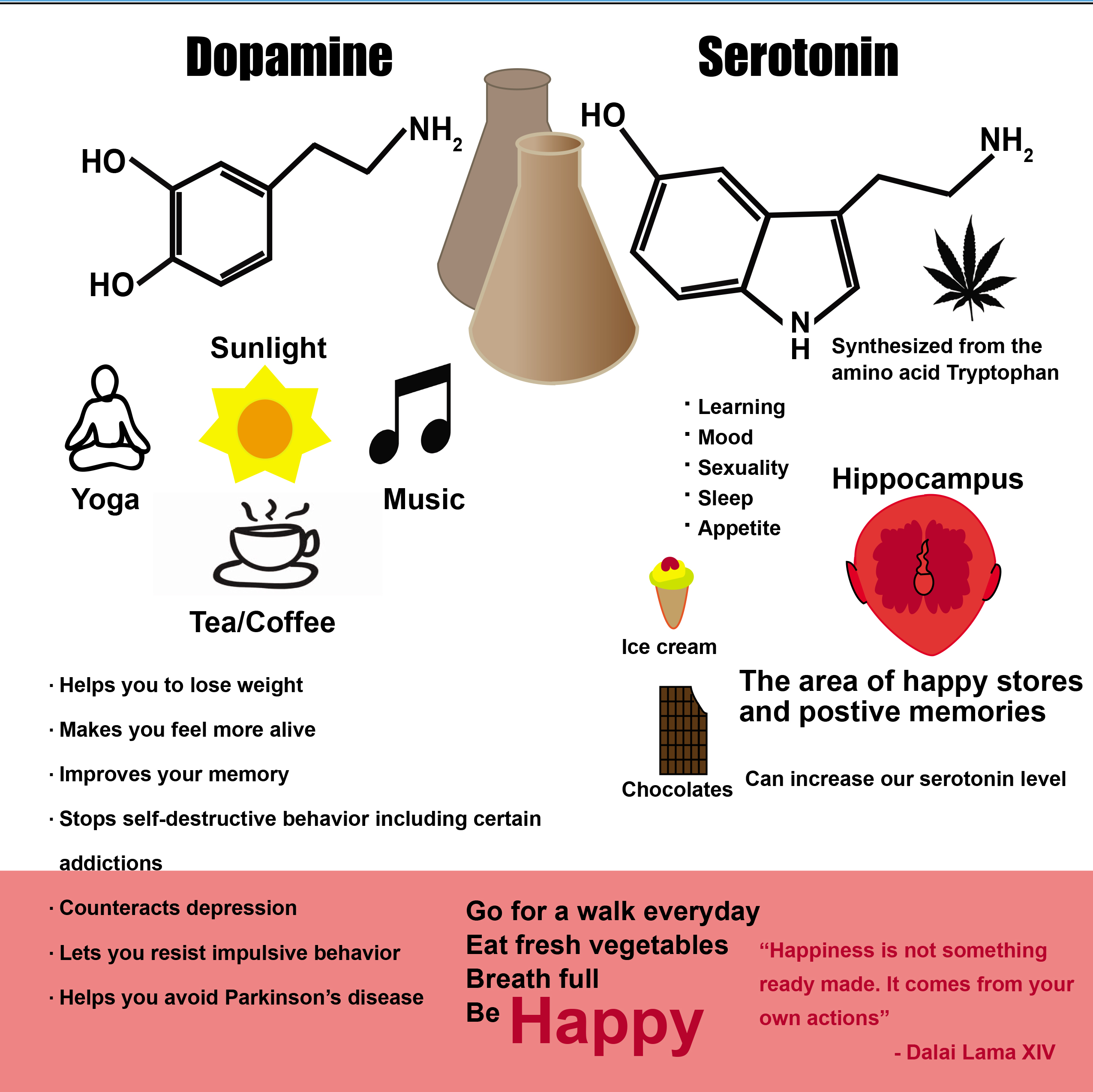In our daily life, we are frequently being told that happiness is either relative or an illusion. Some of us will not agree with this statement, some of us will say yes, and we have also experienced the happiness positively. We often find ourselves oscillate between happy and unhappy moments and realize that in fact, there is no permanent state of mind. In other words, “Change is the only constant”.
It seems that happiness is the ultimate goal or achievement of our life. Our childhood was spent having lots of fun and happiness at that time meant self-gratification. As we grew, making our parents proud gave that happiness. Gradually it got extended to our boss, life partner and kids making them happy in whatever ways it demanded. . . But this pursuit of happiness has left us in an elusive approach of chasing a mirage of so-called happiness which happens to be a crucial and ever-increasing need in every moment of our lives
What is Happiness? Why is this so important in our life? Let’s understand a scientific basis of this happiness on contrary to more of philosophical views so far. While philosophically true happiness has a different definition for each of us, science can give us a clear picture of the prevailing factors that lead to the state if being happy. There are thousands of factors involved in our happiness; from the food we eat to bed, we sleep in room temperature, which plays a role to regulate our temper and in turn, the complex functionalities of our brain. . . Understanding these factors which are related to our happiness will help us to know about our temporary state of mind.
 Mechanisms that are responsible for the happy mood are very interesting though. Researchers revealed human behaviors in novel ways that weren’t studied earlier. With their knowledge and advanced technology at their disposition, scientists were able to discover what goes on into our body when we experience happiness. Studies were also carried out in the area of the human brain that is responsible for happiness and positive memories as well as the neurotransmitters involved like Serotonin. In the human central nervous system (CNS), this neurotransmitter connects nerve cells and is associated with a feeling of happiness or decreased anxiety. Serotonin is a significant part of many popular drug treatments for depression and anxiety. It helps to regulate essential human functions like; learning, mood, sleep, sexuality, appetite.
Mechanisms that are responsible for the happy mood are very interesting though. Researchers revealed human behaviors in novel ways that weren’t studied earlier. With their knowledge and advanced technology at their disposition, scientists were able to discover what goes on into our body when we experience happiness. Studies were also carried out in the area of the human brain that is responsible for happiness and positive memories as well as the neurotransmitters involved like Serotonin. In the human central nervous system (CNS), this neurotransmitter connects nerve cells and is associated with a feeling of happiness or decreased anxiety. Serotonin is a significant part of many popular drug treatments for depression and anxiety. It helps to regulate essential human functions like; learning, mood, sleep, sexuality, appetite.
Another neurotransmitter is Dopamine which is both a neurotransmitter and a neurohormone that is produced in several different areas of the brain. Dopamine is mostly associated with the “pleasure system’ of the brain, providing feelings of enjoyment and motivating us to do or not to do or continue doing some activities. Assuredly, this neurotransmitter is released by naturally occurring events such as food, abuse of drugs, sex and neutral stimuli that become with them. Dopamine is often touted as a ‘reward chemical’ or part of the brain’s ‘Reward center’. Apart from this, dopamine rewards us by regulating some critical functions such as feelings after punishment, movement, motivation, and attention, emotional responses, working memory, etc.
So if you are curious about the science of happiness, Check out your status and you will discover what it is that contributes to your Happiness…… Meet Your Happy Chemicals – BE Happy & Make Others Happy!!!
Written by:
 Mr. Utsav Sen, ICMR-Senior Research Fellow, Stem Cells and Regenerative Medicine Centre, Yenepoya Research Centre, Yenepoya (Deemed to be University), Mangalore-575018, Karnataka, India.
Mr. Utsav Sen, ICMR-Senior Research Fellow, Stem Cells and Regenerative Medicine Centre, Yenepoya Research Centre, Yenepoya (Deemed to be University), Mangalore-575018, Karnataka, India.
Edited by: Mr. Jagdish k and Mr. Saketh Kapoor


This is a very informative article. May help many to trigger happiness.
Awesome post, Utsav!
To be precise, happiness is a LEARNED behavior. We all need to work hard to maintain happiness. All the small daily habits and lifestyle such as exercising regularly, drinking enough water and eating healthy and fresh food stay as our true friends to maintain us always in a happy state of mind.
Secondly, such small habits even have strong potential to keep you balanced and happy during unhappy moments.
Happiness in Research : The moment and the instant when you are in lab, and a result or an observation that trigger your dopamine. Then you can find your happiness in research. To attain that, try to enjoy research, keep faith in work, keep the patience and passion with you.